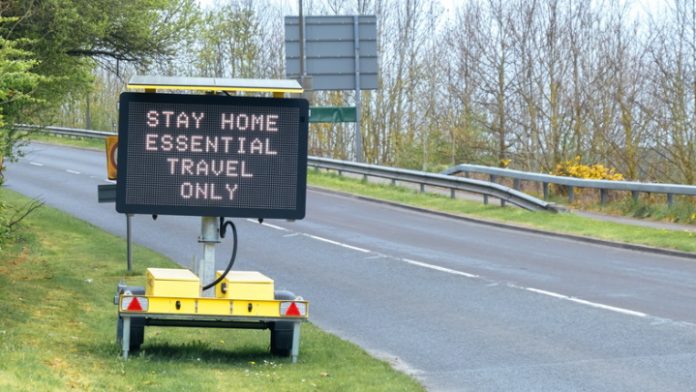Inbound, outbound and domestic medical and health tourism in the UK are on hold as a triple whammy of new COVID-19 strains, Brexit and economic problems hit the sector.
The new national lockdown across all four countries in the UK is expected to last for some months. People are being asked not to travel from home except for essential reasons, and not to travel abroad or between the four countries.
Essential reasons include medical care, but does not include cosmetic surgery. Most international travel and travel other than locally is also banned, as is staying overnight anywhere other than home.
Some lockdown and Brexit rules are contradictory while others are unclear. What is certain is that the new lockdown will be more enforced than the first 2020 one.
Many health tourism businesses are closed and while hospitals and clinics are open, many are restricting treatment. Businesses forced to close include hotels, spa hotels, fitness centres, hair, and beauty, tanning and nail salons. Tattoo parlours, spas, massage parlours; body and skin piercing services must also close.
COVID-19 quarantine rules hit travel
New rules for entering or returning to the UK are now in place: the regulations mean that UK residents must self-isolate for 10 days if they return from a country outside the Common Travel Area unless travelling from, or transiting through, a low to medium risk country that is exempt.
Overseas visitors and returning UK residents all have to show a recent negative PCR test within 72 hours of departure; this applies to planes, trains and boats. The new testing rules do not apply across the Common Travel Area, which covers the UK, Ireland, Jersey, Guernsey and the Isle of Man, but do apply to overseas territories such as Gibraltar and The British Virgin Islands.
Some overseas citizens and returning UK citizens will also have to quarantine for ten days. The quarantine rules are complex, changing daily and differ substantially between England, Northern Ireland, Wales and Scotland. The exempt country list is under daily review and countries could be removed from it at short notice due to increases in their infection rates or falls in the infection rates in the UK. It is possible that a country could lose its exemption while people are travelling.
Even if UK medical tourists could go abroad, an increasing number of countries have either banned UK tourists or demanded quarantine and/or regular testing.
UK is now out of the EU Cross-Border Healthcare Directive.
From January, the final exit of the UK from the European Union means that the UK is not still part of the EU Cross-Border Healthcare Directive.
UK patients can now no longer go to Europe for planned treatment mostly paid for by the NHS, and EU residents can no longer travel to the UK for planned treatment paid for by their state or health insurer.
A handful of UK residents who have been travelling to Europe for dialysis and chemotherapy can still go and the NHS will pay their bills only until the end of 2021.This is only for existing planned treatment, not new patients. However, the government has yet to fully introduce a new scheme with the intention that it is used by individuals who are certain to require treatment while abroad, such as regular dialysis, oxygen therapy or certain types of chemotherapy. The government recognises that these routine treatment costs can be expensive and makes travelling abroad extremely challenging for many people.






 ©2024 All rights reserved LaingBuisson
©2024 All rights reserved LaingBuisson 


